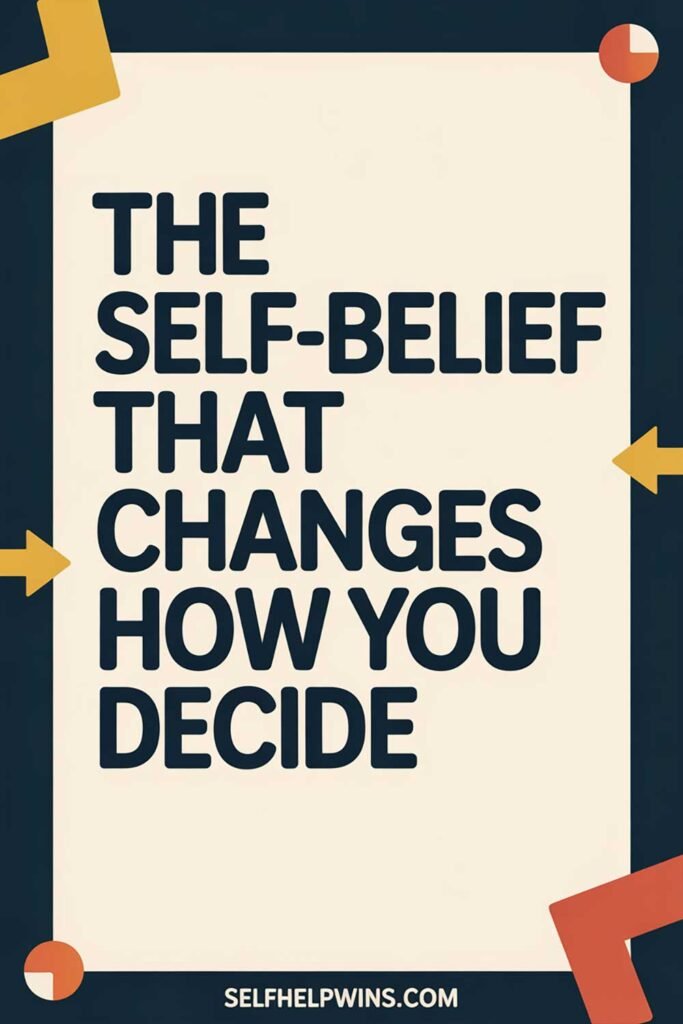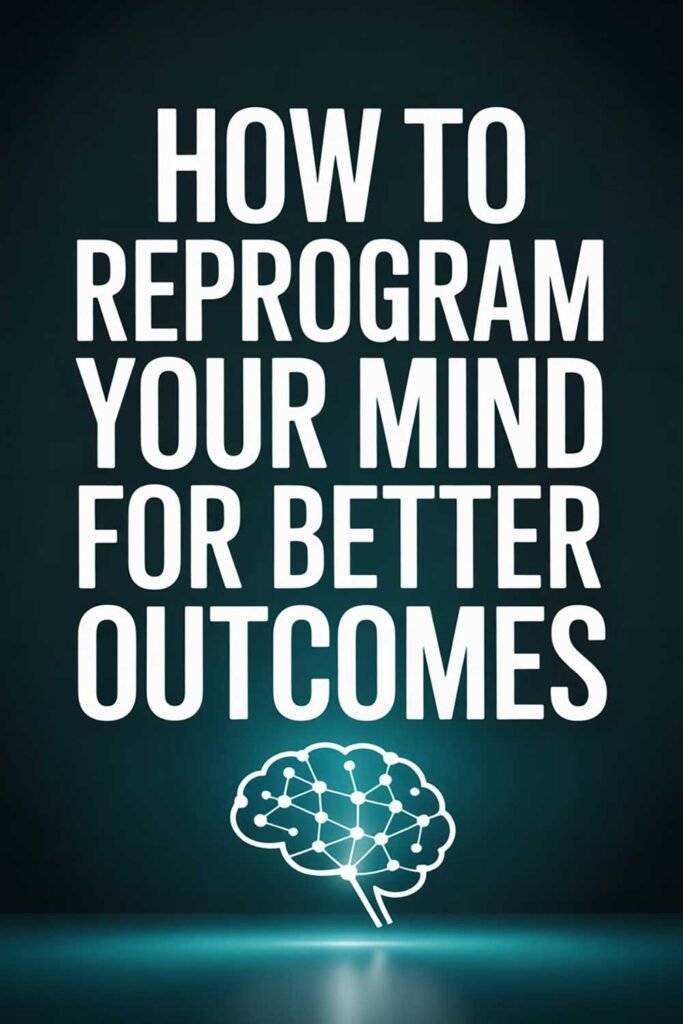How to Create a Spending Plan That Aligns With Your Values
Money is more than math. It’s emotional. It’s personal. And when spent without intention, it can leave us feeling disconnected from our goals and unfulfilled—no matter how much we earn. That’s why creating a spending plan that aligns with your values is essential. It transforms your finances from a source of stress into a tool for purpose, peace, and impact.

In this comprehensive guide, you’ll learn how to create a value-driven spending plan that honors your priorities, improves your financial well-being, and supports the life you want to live. We’ll explore actionable steps, mindset shifts, and real-life examples to help you align your dollars with what truly matters.
Why Values-Based Spending Matters
When your spending reflects your core values:
- You feel more in control
- You reduce financial guilt
- You get more satisfaction from every dollar
- You move closer to your long-term goals
Rather than chasing someone else’s version of success, you’re building a life that feels right to you.
Step 1: Clarify Your Core Values
Before creating your spending plan, get clear on what matters most to you.
Ask Yourself:
- What do I want my life to look and feel like?
- What brings me peace, joy, or fulfillment?
- What am I willing to invest in?
- What do I care less about than I’ve been told I should?
Examples of Common Values:
- Family time
- Health and wellness
- Creativity
- Education
- Travel and experiences
- Generosity
- Financial security
Real-Life Example:
Dina, a young professional, realized she valued flexibility and experiences. She cut her wardrobe and subscription spending by 50% to build a travel fund. Now she takes quarterly weekend getaways without financial stress.
Step 2: Track Your Current Spending
Before you can align your money with your values, you need to know where it’s going now.
Tools to Use:
- Mint, YNAB, or Monarch Money
- Excel or Google Sheets
- Bank statements (3 months)
Sort your expenses into categories. Highlight those that bring you value vs. those that don’t.
Step 3: Compare Spending to Values
Once you’ve tracked your spending, compare each category to your core values.
Ask:
- Is this aligned with what matters most?
- Am I overfunding low-value areas?
- Where can I shift money toward what I really care about?
Real-Life Example:
Jake, a fitness enthusiast, noticed he spent $250/month on food delivery but hadn’t upgraded his home gym in years. He reallocated half of that money toward wellness investments that now support his goals.
Step 4: Build Your Value-Based Spending Plan
Now that you’ve identified your values and evaluated your current spending, build a new plan that reflects your priorities.
Categories to Consider:
- Essentials: Housing, groceries, bills
- Freedom Fund: Travel, hobbies, passions
- Growth Fund: Courses, books, coaching
- Giving: Donations, gifts, tithing
- Future Self: Savings, investing, retirement
Budgeting Frameworks:
- 50/30/20 rule (Needs/Wants/Savings)
- Percent-based spending by values
- Zero-based budgeting (give every dollar a job)
Step 5: Automate and Simplify
Once you set your plan, make it easy to follow.
Tips:
- Use autopay for bills and savings
- Set up separate bank accounts for different goals (e.g., Travel Fund, Education Fund)
- Use prepaid cards or cash envelopes for discretionary spending
Step 6: Check In and Adjust Monthly
Your values may not change often, but your lifestyle and goals might. Review your spending plan monthly or quarterly.
Check:
- Are you spending with intention?
- What can you shift next month?
- Are you meeting your savings goals?
Real-Life Example:
Marcus and Talia, a married couple, sit down every month for a 30-minute “Money Date.” They realign their budget with their shared values of education, debt freedom, and family experiences.
Step 7: Give Yourself Grace
This isn’t about being perfect—it’s about being intentional. Values-based spending is flexible, forgiving, and freeing.
20 Quotes to Inspire Values-Based Money Management
- “Tell me what you value and I might believe you, but show me your budget and I’ll show you what you value.” – Joe Biden
- “Don’t just make money—make meaning.” – Tony Robbins
- “A budget is telling your money where to go instead of wondering where it went.” – John C. Maxwell
- “You must gain control over your money or the lack of it will forever control you.” – Dave Ramsey
- “Simplicity is the ultimate sophistication.” – Leonardo da Vinci
- “Your money should reflect your values—not society’s expectations.” – Unknown
- “Do not save what is left after spending, but spend what is left after saving.” – Warren Buffett
- “Wealth is the ability to fully experience life.” – Henry David Thoreau
- “Budgeting isn’t about restriction—it’s about intention.” – Unknown
- “Don’t trade what you want most for what you want now.” – Zig Ziglar
- “The things you own end up owning you.” – Chuck Palahniuk
- “If you don’t prioritize your life, someone else will.” – Greg McKeown
- “What you do every day matters more than what you do once in a while.” – Gretchen Rubin
- “Time is money, but money is also time. Spend both wisely.” – Unknown
- “A rich life is built on rich values, not just rich bank accounts.” – Unknown
- “Align your spending with your soul, not your status.” – Unknown
- “Budgeting is the art of planning your dreams in numbers.” – Unknown
- “Live below your means so you can live above your fears.” – Unknown
- “We make a living by what we get, but we make a life by what we give.” – Winston Churchill
- “Your values are your true wealth.” – Unknown
Picture This
You wake up and check your bank app. You feel calm. Every dollar has a purpose—funding your passions, protecting your future, and bringing joy today. There’s no guilt. No guesswork. You smile because your money isn’t just being spent—it’s being lived. Your finances reflect your heart. Your life reflects your values.
What would your financial life look like if it truly aligned with what matters most to you?
Share This Article
If this article helped you rethink your approach to spending and values, share it with a friend or loved one. You never know whose financial story you might help rewrite.
Disclaimer
This article is for informational and educational purposes only. It is based on personal experience and general budgeting principles. It is not intended to replace personalized financial advice. Always consult a certified financial professional for tailored guidance. Results may vary.






